Almost 300 participants logged onto the Waterford Institute of Technology’s (WIT) recent online event, which focused on life after graduation for final-year students.
The event, which filtered students into discipline-orientated meetings, had a well-attended agricultural break-out session, where students heard from a number of successful past pupils of the discipline.
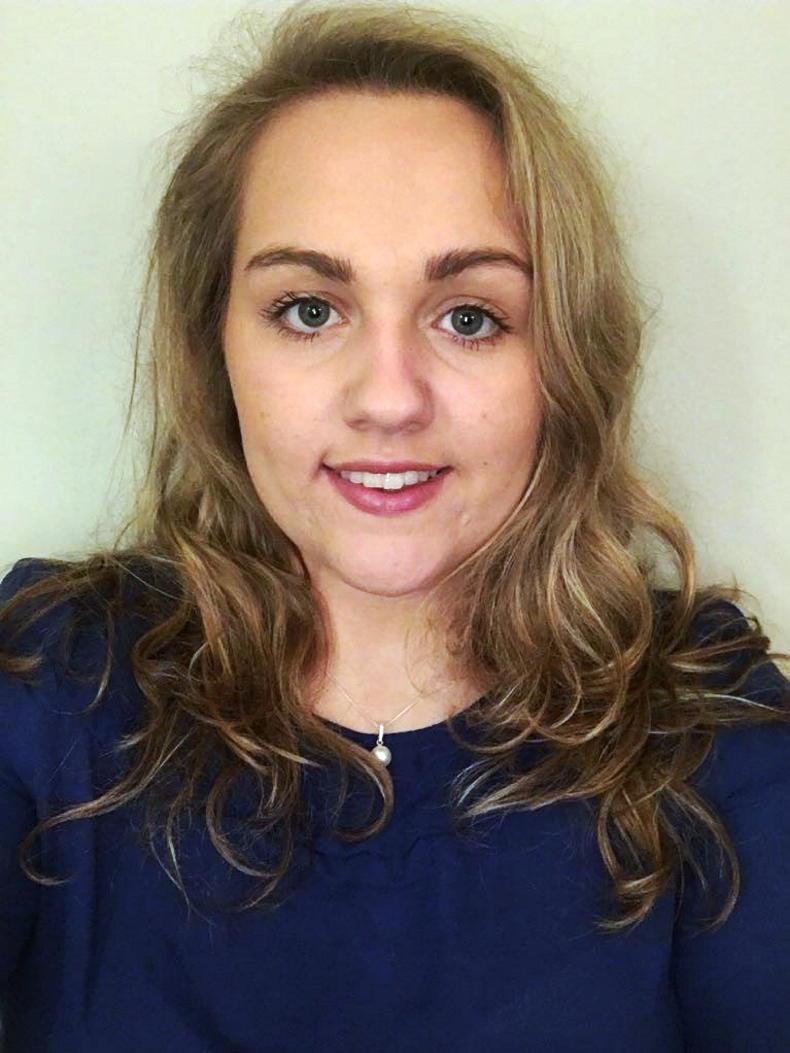
Aoife Forde is from a suckler farm in the Burren, Co Clare and graduated with a degree in agriculture from WIT in 2018. She shared her experience on the Teagasc Walsh Scholarship programme.
“At the end of secondary school I was half-gearing towards teaching, but my passion for agriculture just shone through and so I went to WIT in 2014 to study ag science.
“It was only after I graduated that I realised how much of a stand-out programme WIT offers its students. We had spent so much time at Kildalton and knowing about Teagasc really stood to me in the long run. Being on WIT’s debating team really boosted my confidence too,” she said.
As many will know, choosing the subject of a final year thesis project is no easy task, but Aoife made sure to stick with something that really mattered to her. She drew on the unique karst landscape of farming, that she had grown up with in the Burren.
Like many students, Aoife graduated with no idea what she wanted to do next.
“All my friends were applying for the graduate programmes at Glanbia, Kepak, ifac and the likes. They just did not appeal to me. I always try go for something that really matters to me, instead of panicking into something for the sake of it. I had seen that the Teagasc Walsh scholarship applications had opened and I applied to do a master’s,” she explained.
Delighted to accept a place on the Teagasc MA in agriculture innovation and support, Aoife spent her time leading a project based along the Dingle Peninsula in west Kerry, which facilitated the community to create enterprise opportunities and local value chains. She also worked in an agricultural advisory capacity with Teagasc, Listowel.
Looking back, she feels that choosing a thesis that meant so much to her, helped secure her place on the programme.
“My thesis really stood to me in getting that job. I can guarantee you that if I had not chosen to do my thesis on the Burren, I would never have gotten the job.
“If there is something you are really passionate about you should follow it, because you will enjoy that work much more and you never know when it will help you later in life.”
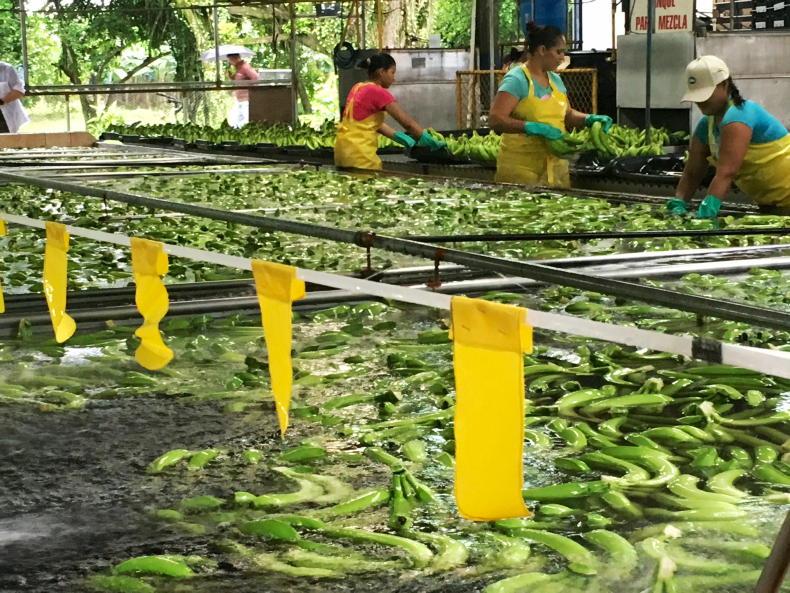
Michael has worked in Fyffes banana and pineapple production plants. \ Hazel Wilkinson
Raised on a sheep and beef farm in Radestown, Co Kilkenny, Michael Hennessy graduated with a Level 8 degree in agricultural land management from WIT in 2016. Wanting to travel, Michael took up an international role with Fyffes on their graduate food programme.
In his five years since graduating, Michael has worked in Central America’s Costa Rica and Panama, on Fyffes’s banana and pineapple production plants. He now lives in Canada, where he works in mushroom production with Fyffes.
Recalling his time at WIT, Michael talked about the importance of the final college year as an undergraduate.
“Your parents probably made the decision where you went to primary and secondary school and helped you with the CAO too. But at the point of final year, you now have to make your own choice on your career path,”he said.
Prior to the graduate programme, Michael travelled to New Zealand to experience agriculture outside of Ireland. This international move, he believes, helped open the door to Fyffes.
“Fyffes wanted people with international experience. A lot of getting chosen for jobs is showing that you are keen and have made some decisions to better yourself. You need to stand out from the other 200 CVs on the table.”
Starting his graduate programme in a remote part of Costa Rica in 2016, Michael experienced a massive learning curve.
“You learn a lot in college, but when you go out into the real world, you know nothing! We take so much for granted here, like roads and electricity. Fertilisation implementation out there, for example, was not automised. You were trying to get all these things correct by your eye measurement.”
Now, Michael has seen the world over and is keen to advise final-year students to reach out to employers, apply for as many programmes as possible and keep pushing.
“It wasn’t that I didn’t want to do the standard agricultural graduate programmes here in Ireland – I just didn’t get accepted into them. You are going to get rejected many times in your career. So you are best to get as many interviews in as possible and learn from your mistakes.”
Almost 300 participants logged onto the Waterford Institute of Technology’s (WIT) recent online event, which focused on life after graduation for final-year students.
The event, which filtered students into discipline-orientated meetings, had a well-attended agricultural break-out session, where students heard from a number of successful past pupils of the discipline.

Aoife Forde is from a suckler farm in the Burren, Co Clare and graduated with a degree in agriculture from WIT in 2018. She shared her experience on the Teagasc Walsh Scholarship programme.
“At the end of secondary school I was half-gearing towards teaching, but my passion for agriculture just shone through and so I went to WIT in 2014 to study ag science.
“It was only after I graduated that I realised how much of a stand-out programme WIT offers its students. We had spent so much time at Kildalton and knowing about Teagasc really stood to me in the long run. Being on WIT’s debating team really boosted my confidence too,” she said.
As many will know, choosing the subject of a final year thesis project is no easy task, but Aoife made sure to stick with something that really mattered to her. She drew on the unique karst landscape of farming, that she had grown up with in the Burren.
Like many students, Aoife graduated with no idea what she wanted to do next.
“All my friends were applying for the graduate programmes at Glanbia, Kepak, ifac and the likes. They just did not appeal to me. I always try go for something that really matters to me, instead of panicking into something for the sake of it. I had seen that the Teagasc Walsh scholarship applications had opened and I applied to do a master’s,” she explained.
Delighted to accept a place on the Teagasc MA in agriculture innovation and support, Aoife spent her time leading a project based along the Dingle Peninsula in west Kerry, which facilitated the community to create enterprise opportunities and local value chains. She also worked in an agricultural advisory capacity with Teagasc, Listowel.
Looking back, she feels that choosing a thesis that meant so much to her, helped secure her place on the programme.
“My thesis really stood to me in getting that job. I can guarantee you that if I had not chosen to do my thesis on the Burren, I would never have gotten the job.
“If there is something you are really passionate about you should follow it, because you will enjoy that work much more and you never know when it will help you later in life.”

Michael has worked in Fyffes banana and pineapple production plants. \ Hazel Wilkinson
Raised on a sheep and beef farm in Radestown, Co Kilkenny, Michael Hennessy graduated with a Level 8 degree in agricultural land management from WIT in 2016. Wanting to travel, Michael took up an international role with Fyffes on their graduate food programme.
In his five years since graduating, Michael has worked in Central America’s Costa Rica and Panama, on Fyffes’s banana and pineapple production plants. He now lives in Canada, where he works in mushroom production with Fyffes.
Recalling his time at WIT, Michael talked about the importance of the final college year as an undergraduate.
“Your parents probably made the decision where you went to primary and secondary school and helped you with the CAO too. But at the point of final year, you now have to make your own choice on your career path,”he said.
Prior to the graduate programme, Michael travelled to New Zealand to experience agriculture outside of Ireland. This international move, he believes, helped open the door to Fyffes.
“Fyffes wanted people with international experience. A lot of getting chosen for jobs is showing that you are keen and have made some decisions to better yourself. You need to stand out from the other 200 CVs on the table.”
Starting his graduate programme in a remote part of Costa Rica in 2016, Michael experienced a massive learning curve.
“You learn a lot in college, but when you go out into the real world, you know nothing! We take so much for granted here, like roads and electricity. Fertilisation implementation out there, for example, was not automised. You were trying to get all these things correct by your eye measurement.”
Now, Michael has seen the world over and is keen to advise final-year students to reach out to employers, apply for as many programmes as possible and keep pushing.
“It wasn’t that I didn’t want to do the standard agricultural graduate programmes here in Ireland – I just didn’t get accepted into them. You are going to get rejected many times in your career. So you are best to get as many interviews in as possible and learn from your mistakes.”






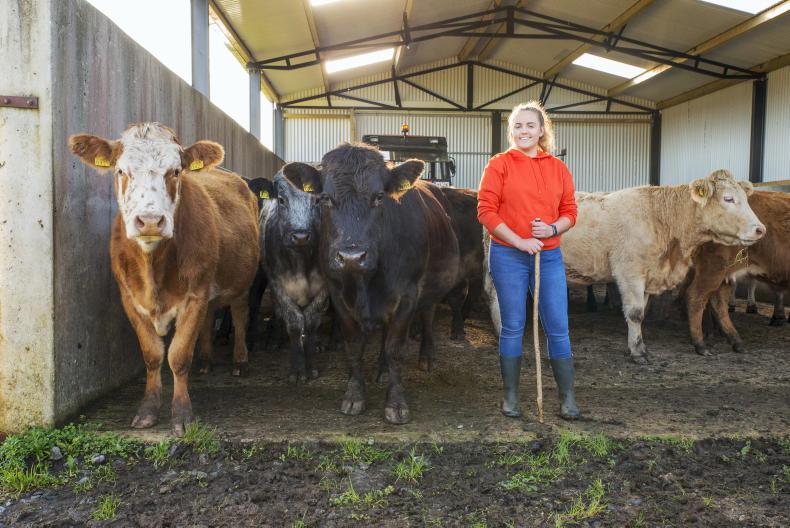
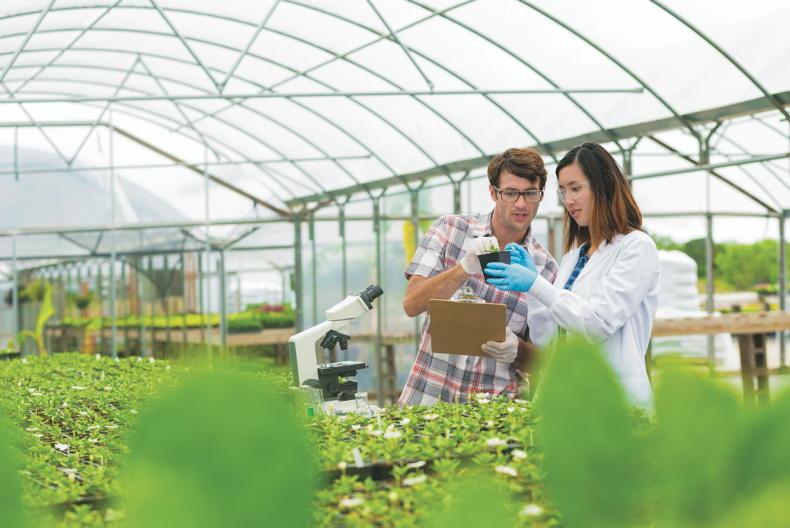

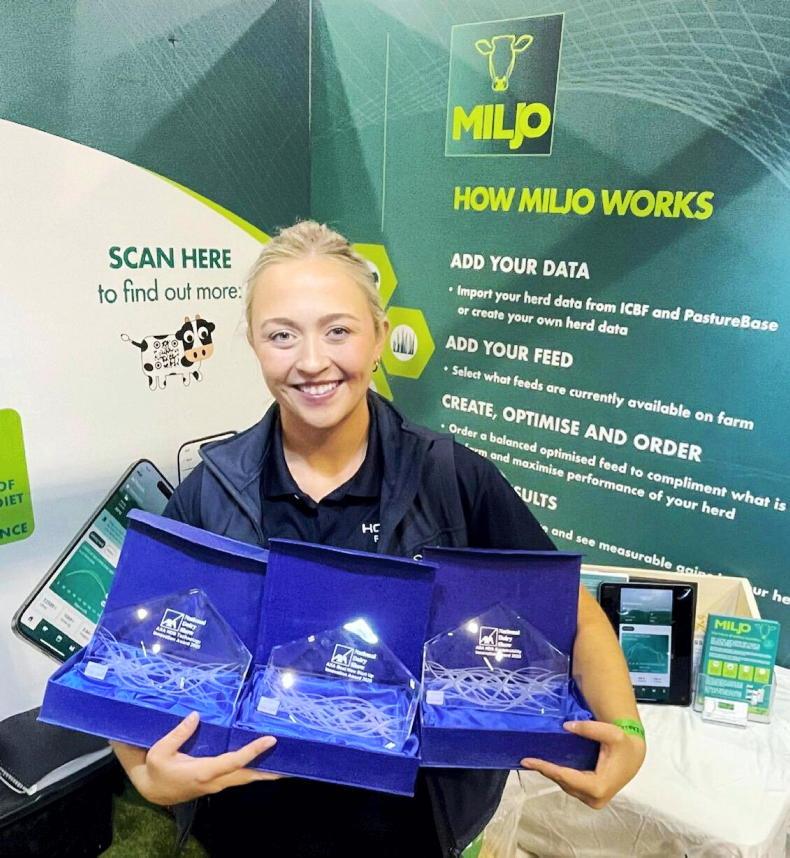
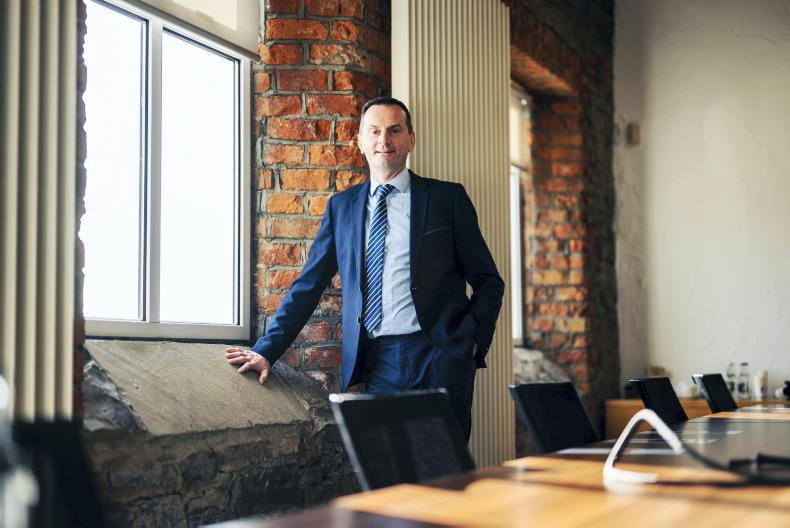
SHARING OPTIONS